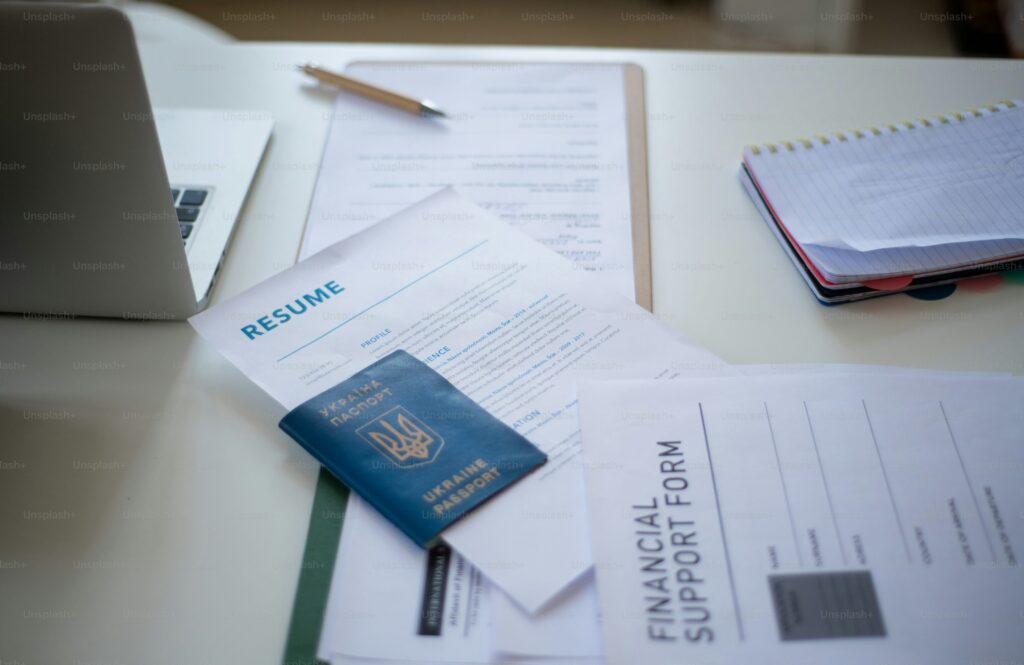Labor Process in Dubai: A Step-by-Step Guide
The labor process in Dubai refers to the series of steps that employers and employees must follow for legally hiring and employing foreign workers in the UAE. This process is governed by the UAE Ministry of Human Resources and Emiratisation (MOHRE) and aims to regulate employment contracts, ensure compliance with labor laws, and protect the rights of both employers and employees.
Here’s an overview of the labor process in Dubai:

1. Job Offer and Employment Contract
- Job Offer:
- The employer provides a formal job offer to the prospective employee, outlining key details such as the job role, salary, benefits, and working conditions.
- The employee must sign the offer letter, which is a binding agreement.
- This offer must comply with UAE labor laws and be registered with the Ministry of Human Resources and Emiratisation (MOHRE).
- Employment Contract:
- After accepting the offer, the employer drafts an employment contract that aligns with the UAE’s labor regulations.
- The contract specifies the employee’s role, working hours, duration, compensation, and other terms of employment.
- This contract is registered with MOHRE, making it official and legally binding.
2. Quota Approval
- Employer Quota:
- Before hiring foreign employees, the employer must obtain quota approval from MOHRE to ensure they have the necessary permits to employ foreign workers.
- The number of foreign workers a company can employ depends on the size, industry, and nature of the business.
3. Labor Approval
- Work Permit (Labor Approval):
- Once the job offer is accepted, the employer applies for a work permit from MOHRE.
- This work permit allows the employee to legally work in the UAE.
- A temporary work permit (also called an entry permit) is issued if the employee is coming from abroad. It allows entry to Dubai for employment purposes.
4. Entry Permit Issuance (If Applicable)
- Entry Permit (Employment Visa):
- If the employee is outside the UAE, the employer applies for an entry permit through MOHRE or the General Directorate of Residency and Foreigners Affairs (GDRFA).
- The entry permit allows the employee to enter Dubai and begin the employment visa process.
5. Medical Fitness Test
- Medical Examination:
- Upon arrival in Dubai (or if the employee is already in the UAE), the employee must undergo a medical fitness test at a government-approved medical center.
- This test includes:
- Blood test: To check for infectious diseases (e.g., HIV, hepatitis).
- Chest X-ray: To check for tuberculosis.
- The employee must pass the test to proceed with the visa and labor process.
6. Emirates ID Application
- Emirates ID:
- The employee must apply for an Emirates ID at an Emirates Identity Authority center.
- This ID card serves as the official identification document for all residents in the UAE.
- The employee provides biometric data (fingerprints, photograph) during this application process.
- The Emirates ID is required for finalizing the employment visa and labor card.
7. Labor Card Issuance
- Labor Card (Work Card):
- After the medical test and Emirates ID application, the employer applies for a labor card for the employee.
- The labor card is an official document issued by MOHRE that verifies the employee’s legal right to work in the UAE.
- It contains information about the employer, the employee’s role, and contract details.
8. Visa Stamping (Residence Visa)
- Residence Visa Stamping:
- After obtaining the labor card, the employee’s passport is submitted to the GDRFA for visa stamping.
- The residence visa is stamped on the passport, granting the employee legal residency in Dubai for the duration of their employment contract (typically 2 to 3 years).
- This residence visa allows the employee to live, work, and travel in and out of Dubai during the visa’s validity.
9. End of Employment
- Termination/Resignation:
- If the employee resigns or the contract is terminated, the employer must notify MOHRE and apply for labor card cancellation.
- Upon termination or resignation, the residence visa must also be canceled by the GDRFA.
- Employees have up to 30 days to exit the UAE or transfer to a new employer after visa cancellation.
- End-of-Service Benefits: If the employee completes the contract or resigns with proper notice, they are entitled to gratuity pay, which is calculated based on the employee’s final salary and years of service.
Key Documents Required

- For Employer:
- Valid trade license.
- Establishment card.
- MOHRE quota approval.
- For Employee:
- Passport copy (with at least 6 months’ validity).
- Passport-sized photographs.
- Attested educational certificates (if applicable for the role).
- Signed labor contract.
- Medical fitness certificate.
- Entry permit (if applicable).
Labor Law Compliance
Employers and employees must comply with the UAE Labor Law (Federal Law No. 8 of 1980) and MOHRE regulations, which cover:
- Working hours: Standard hours are 8 hours per day or 48 hours per week. Overtime must be compensated as per labor laws.
- Wages: Salary payment is regulated under the Wages Protection System (WPS), ensuring that employees are paid on time.
- Leave Entitlements: Employees are entitled to annual leave, sick leave, and maternity/paternity leave according to their contract and labor laws.
- Gratuity Payment: End-of-service gratuity is calculated based on the employee’s total duration of service and final salary.

Conclusion
The labor process in Dubai ensures that foreign employees are legally hired and protected under UAE labor law. Employers must adhere to the regulations laid out by MOHRE and ensure their employees receive fair treatment, including proper work permits, medical examinations, and legal residency. The streamlined labor process facilitates the hiring of skilled and unskilled workers while safeguarding employee rights.

